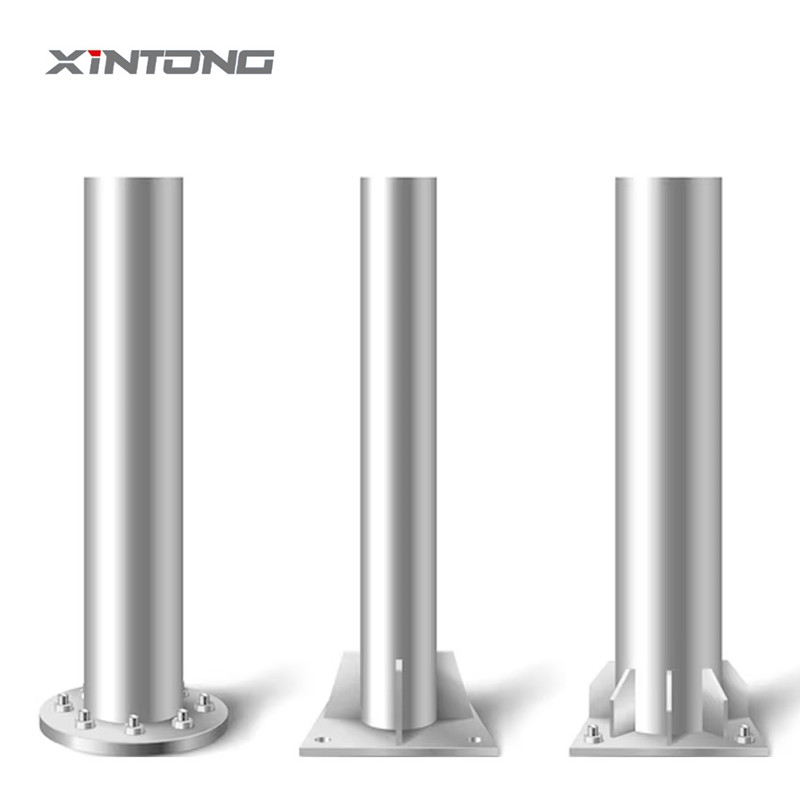
Established in 1999, Xintong Group has been a pioneer in the manufacture of complete sets of transportation equipment. With over 340 employees, the company is dedicated to integrating intelligent transportation and security engineering into their products and services. This commitment to innovation and sustainability has led to the development of energy-efficient solar panels that have the potential to revolutionize the transportation industry.
The new energy-efficient solar panels developed by Xintong Group are designed to be seamlessly integrated into various forms of transportation equipment, including buses, trucks, and trailers. These solar panels utilize advanced technology to convert sunlight into energy, which can then be used to power the vehicle's electrical systems. This not only reduces the vehicle's reliance on traditional fuel sources but also significantly decreases its carbon footprint.
One of the key advantages of these energy-efficient solar panels is their potential to extend the range of electric and hybrid vehicles. By harnessing the power of the sun, these panels can help recharge the vehicle's battery systems, effectively increasing their overall driving range. This has the potential to make electric and hybrid vehicles even more practical and appealing to consumers, further accelerating the transition towards sustainable transportation solutions.
In addition to their impact on electric and hybrid vehicles, these solar panels also offer potential benefits for traditional fuel-powered vehicles. By supplementing the vehicle's electrical systems with solar power, these panels can help improve fuel efficiency and reduce overall emissions. This can be particularly advantageous for commercial vehicles, such as buses and trucks, which often have high fuel consumption and emissions levels.
Furthermore, the energy-efficient solar panels developed by Xintong Group are built with durability and reliability in mind. Designed to withstand the rigors of daily transportation operations, these panels are constructed using high-quality materials that are resistant to various environmental factors. This ensures that they can continue to provide energy savings and environmental benefits over an extended period, making them a cost-effective investment for transportation companies.
As the transportation industry continues to embrace sustainable and energy-efficient solutions, the development of these solar panels represents a significant opportunity for Xintong Group. By leveraging their expertise in transportation equipment manufacturing and their commitment to innovation, the company is well-positioned to make a positive impact on the industry and contribute to a more sustainable future.
In addition to the environmental benefits, the integration of energy-efficient solar panels into transportation equipment also aligns with the broader trend towards smart and interconnected transportation systems. By generating clean energy and reducing dependence on traditional fuel sources, these panels can contribute to the development of more intelligent and sustainable transportation networks.
Overall, the development of energy-efficient solar panels by Yangzhou Xintong Transport Equipment Group Co., Ltd. represents a major milestone in the company's pursuit of sustainability and innovation. By offering a practical and effective solution for enhancing the energy efficiency of transportation equipment, Xintong Group has reaffirmed its commitment to driving positive change in the transportation industry. With the potential to improve the performance of electric and hybrid vehicles, as well as traditional fuel-powered vehicles, these solar panels have the capacity to make a lasting impact on the way we think about transportation and energy usage.
